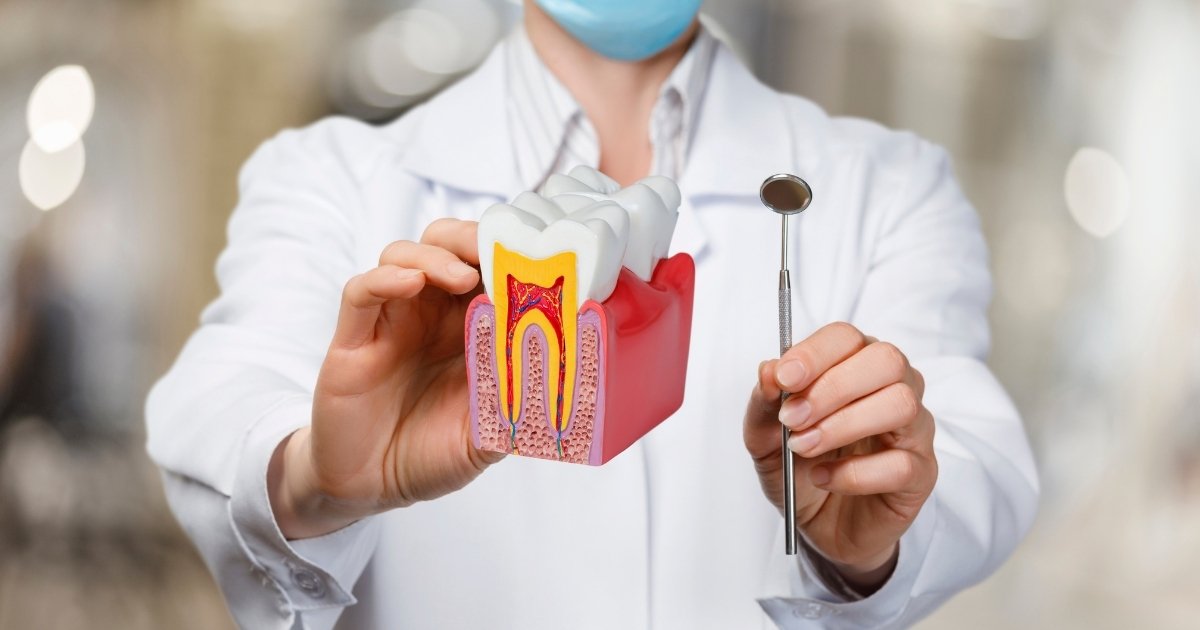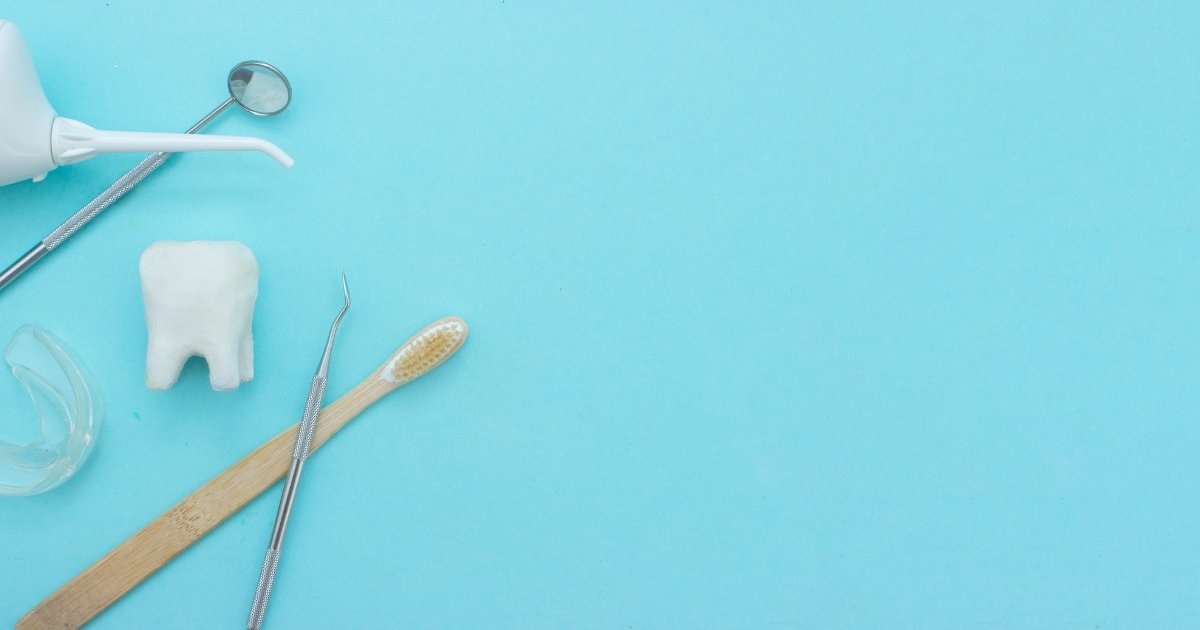Call Us Today 817-737-7668

An apicoectomy is a dental procedure performed to remove infected tissue from the root’s tip. It is often necessary when a root canal fails to clear an infection or after a traumatic injury. Though this procedure can be daunting, proper aftercare ensures a smooth and speedy recovery.
This guide provides practical apicoectomy recovery tips to guide you through the healing process. Following these tips can reduce discomfort, prevent complications, and promote healing, making the recovery process more manageable.
What to Expect After an Apicoectomy?
After an apicoectomy, the healing process begins right away. Initially, you may experience some swelling, discomfort, and minor bleeding. These common symptoms indicate that your body is responding to the surgery.
Swelling around the treated area is typical and usually peaks within 48 hours before gradually subsiding. Mild discomfort may last a few days, and slight bleeding can continue during the first few hours. These symptoms generally subside as your body begins to heal the surgical site.
If swelling persists or worsens after the first few days, contact your dentist immediately. Infection is a potential risk, but it can often be prevented with proper care. Watch for signs of infection, such as fever, increased pain, or abnormal discharge. In most cases, following proper aftercare guidelines will ensure the healing process goes smoothly and avoid complications.
Immediate Post-Op Care
The first 24-48 hours after your apicoectomy Forney are critical for recovery. Rest and relaxation play a vital role during this period. Avoid strenuous activity to prevent putting unnecessary pressure on the surgical site. Rest with your head elevated to minimize swelling.
Pain management is essential. Your dentist will likely prescribe pain medications to manage discomfort. You can also apply ice packs to reduce swelling and numb the area. Use the ice packs for 20 minutes, taking breaks between applications to avoid skin damage. This method helps minimize inflammation and provides relief from pain.
Diet is an essential factor in your recovery. Stick to soft, bland foods such as mashed potatoes, soups, and smoothies. Avoid hard, chewy, or hot foods that irritate the surgical area or delay healing. Additionally, smoking should be avoided during the recovery period, as it can interfere with healing.
To manage bleeding, gently bite down on sterile gauze after the procedure. If bleeding continues for more than a few hours, contact your dentist.
Tips for a Smooth Recovery in the First Week
During the first week, your body will be in the process of healing the surgical site. Proper oral hygiene is critical but must be done gently. Brush your teeth carefully, avoiding the treated area to prevent irritation. You can rinse with warm salt water to keep the area clean, but avoid vigorous swishing.
To reduce swelling, continue applying ice packs for the first few days. Also, elevate your head while resting to help minimize swelling and discomfort. Follow your dentist’s medication instructions carefully. If prescribed antibiotics, take them as directed to prevent infection and promote healing.
Follow-up care is also crucial during this stage. Attend your scheduled check-up appointments so your dentist can monitor your progress and ensure everything is healing properly. If you notice any unusual symptoms, such as excessive pain or signs of infection, contact your dentist immediately. Monitoring your recovery closely during the first week helps ensure a smoother overall healing process.
Long-Term Recovery Tips (1-4 Weeks After Surgery)
As your healing progresses, you’ll enter the long-term recovery phase, which lasts 1-4 weeks after the apicoectomy. During this period, you should still avoid strenuous physical activities. Avoid lifting heavy objects, exercising vigorously, or smoking, as these can interfere with the healing process.
It’s essential to monitor your healing progress. You should notice a reduction in swelling and discomfort by the second week. However, contact your dentist if pain, swelling, or other issues persist. Early intervention can prevent complications and ensure proper healing.
Your diet should remain focused on soft, nutritious foods that support healing. Add fruits, vegetables, lean proteins, and whole grains to your meals to speed up recovery. Drinking plenty of water and staying hydrated is also crucial during this stage. Avoid alcohol, as it can interfere with medications and slow down the healing process.
Following proper apicoectomy recovery tips is essential for a smooth and successful healing process. By resting, managing pain, and following your dentist’s instructions, you can minimize discomfort and ensure the best outcome. Regular follow-ups with your dentist will help catch any issues early.
Trust our dentist’s expertise, take care of your healing process, and be patient as your body recovers. With the right approach, you’ll return to normal in no time.




